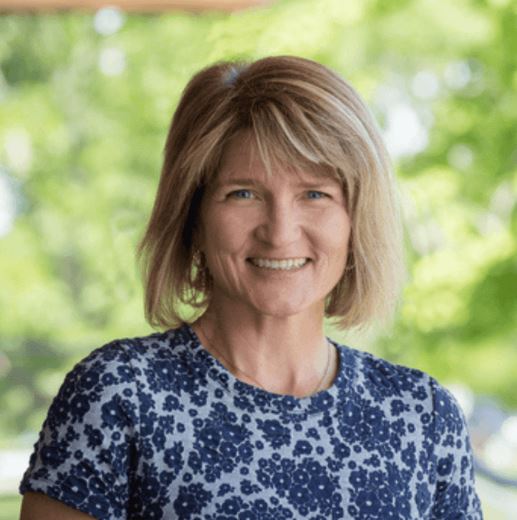
Professor Meghan Cope
University of Vermont

Child labor. Orphanages. One-room schoolhouses. Childhood diseases and infant mortality. Crowded cities and remote rural spaces. Children’s spaces of the early 20th century can illuminate broader social trends of a place and time through examining the cultural and material production of spaces, as well as children’s experiences of such spaces. The project shared here explores geographic variation of childhoods across the US, the ways that everyday spaces were imagined and enacted for and by children, the movement of children across space, and the production of meaningful places through recursive interactions of social-cultural practices and the built environment. The presentation draws from work done through the Mapping American Childhoods project, which is based on combining archival research with comics, geo-visualization, and digital story-telling. Topics include Burlington, Vermont’s Home for Destitute Children; state- and national-level policies on child labor and compulsory schooling; the emotional geographies of mothers who wrote to the US Children’s Bureau; and exploring the material culture of children’s lives through everyday objects and media representations of the early 20th century.